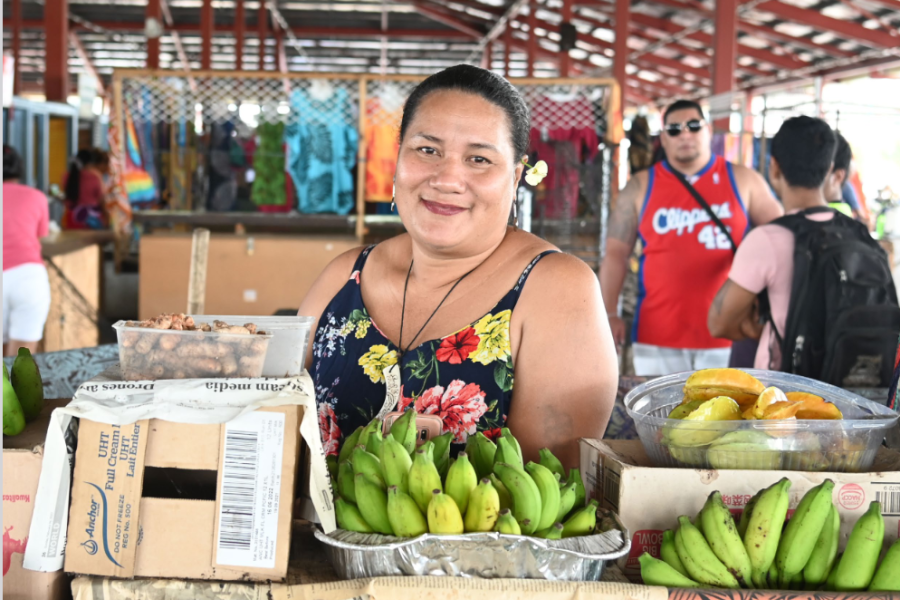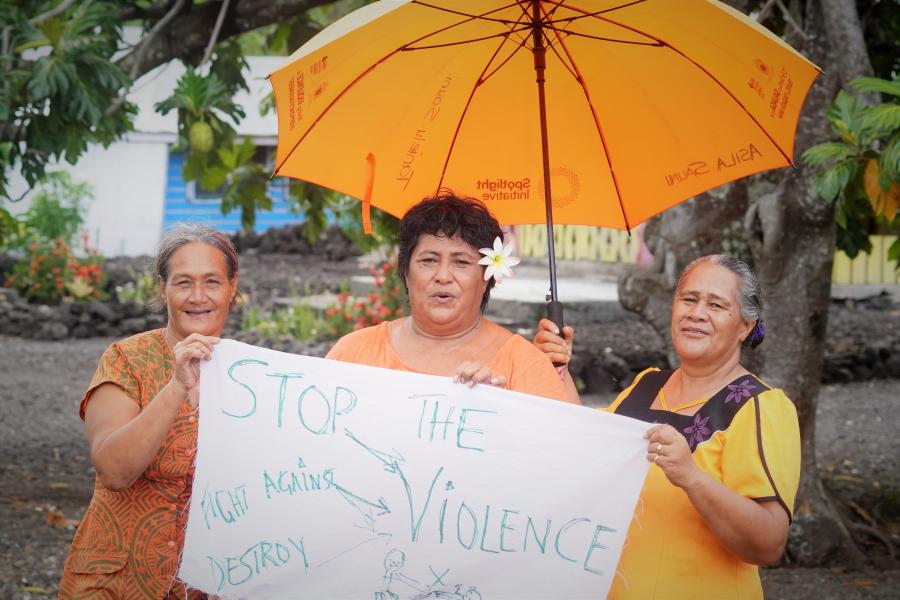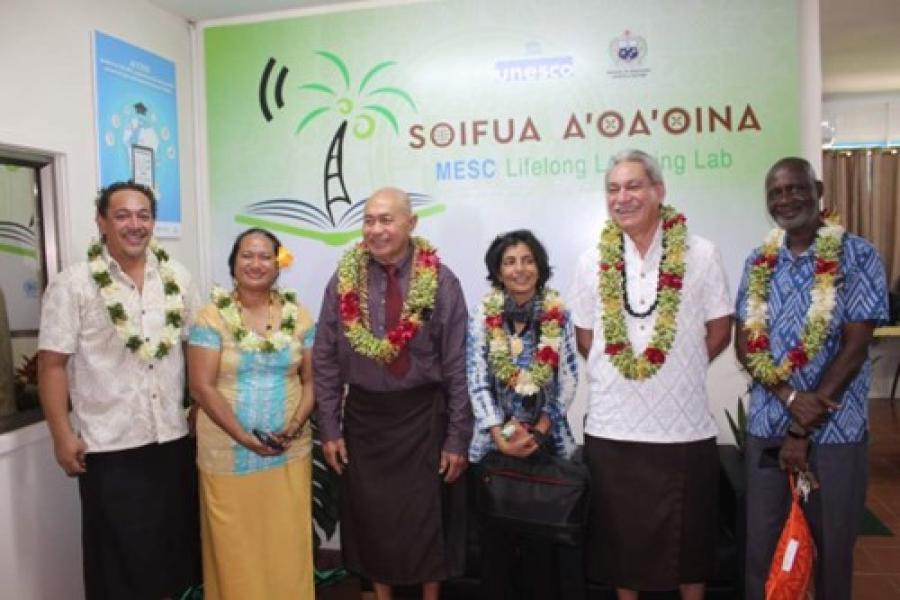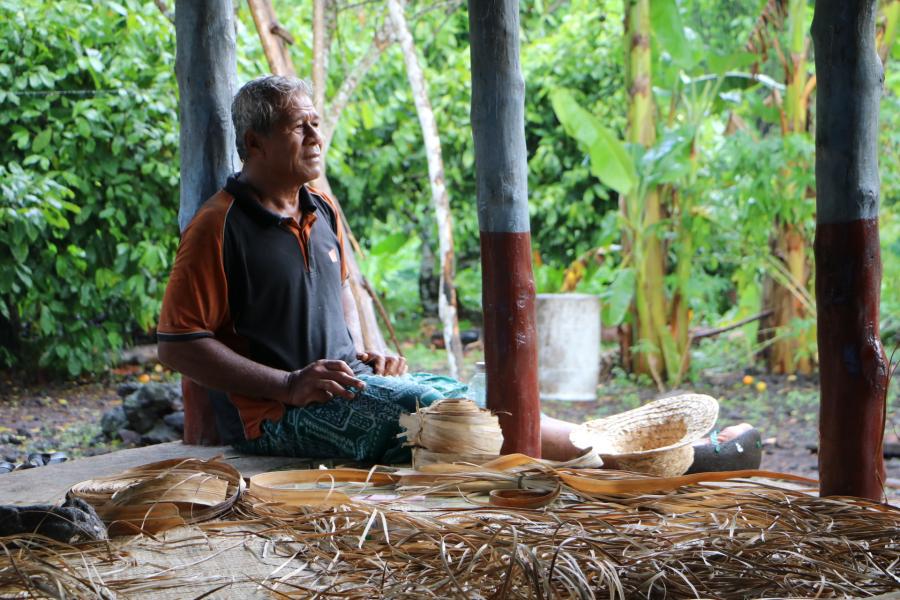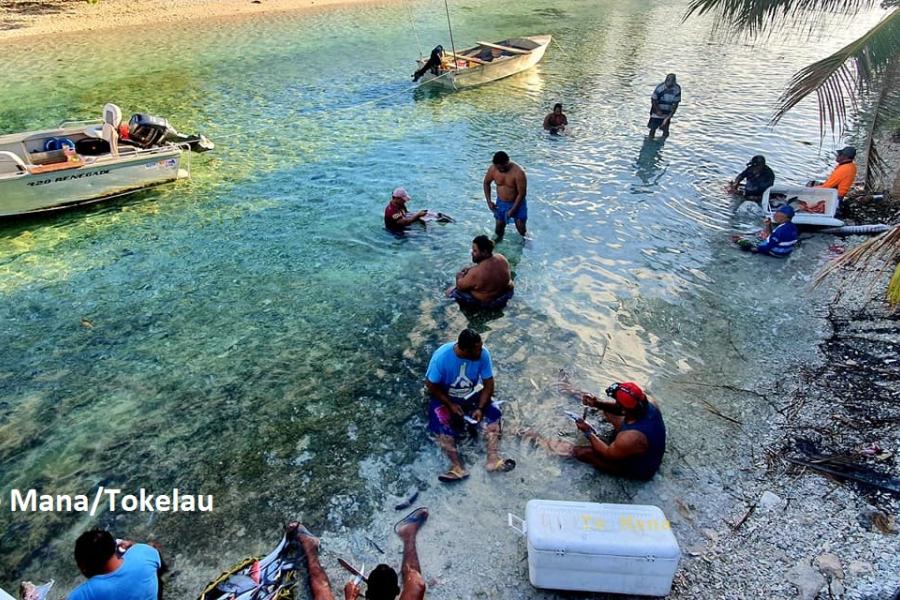About the UN Country Team in Samoa
The UN Multi-Country Office in Samoa serves the Cook Islands, Niue, Samoa, and Tokelau.
Led by the Resident Coordinator, it convenes and coordinates over15 UN agencies that form the UN Country Team Samoa working collaboratively on joint development programmes aligned to complement and support national development priorities of the Cook Islands, Niue, Samoa, and Tokelau.
The UNCT Samoa within the past five years (2018-2022) delivered integrated, country-needs-based development support and interventions around six thematic areas - i.e., Climate Change; Disaster Resilience and Environment Protection; Gender Equality; Sustainable and Inclusive Economic Empowerment; Equitable Basic Services; Governance and Community Engagement; and Human Rights.
From 2023 to 2027, the UNCT Samoa development support will be guided by the newly endorsed UN Sustainable Development Cooperation Framework, outlining the vision, actions, and resources of the UNCT Samoa to contribute to a sustainable planet, where all the people of these four island states thrive prosperously and living in peace.
The implementation of UN programmes is led by government ministries; in partnership with international and regional organizations, the private sector, non-governmental organizations, civil society organizations, faith-based organizations, and the media.
Visit and learn more about our four countries.
